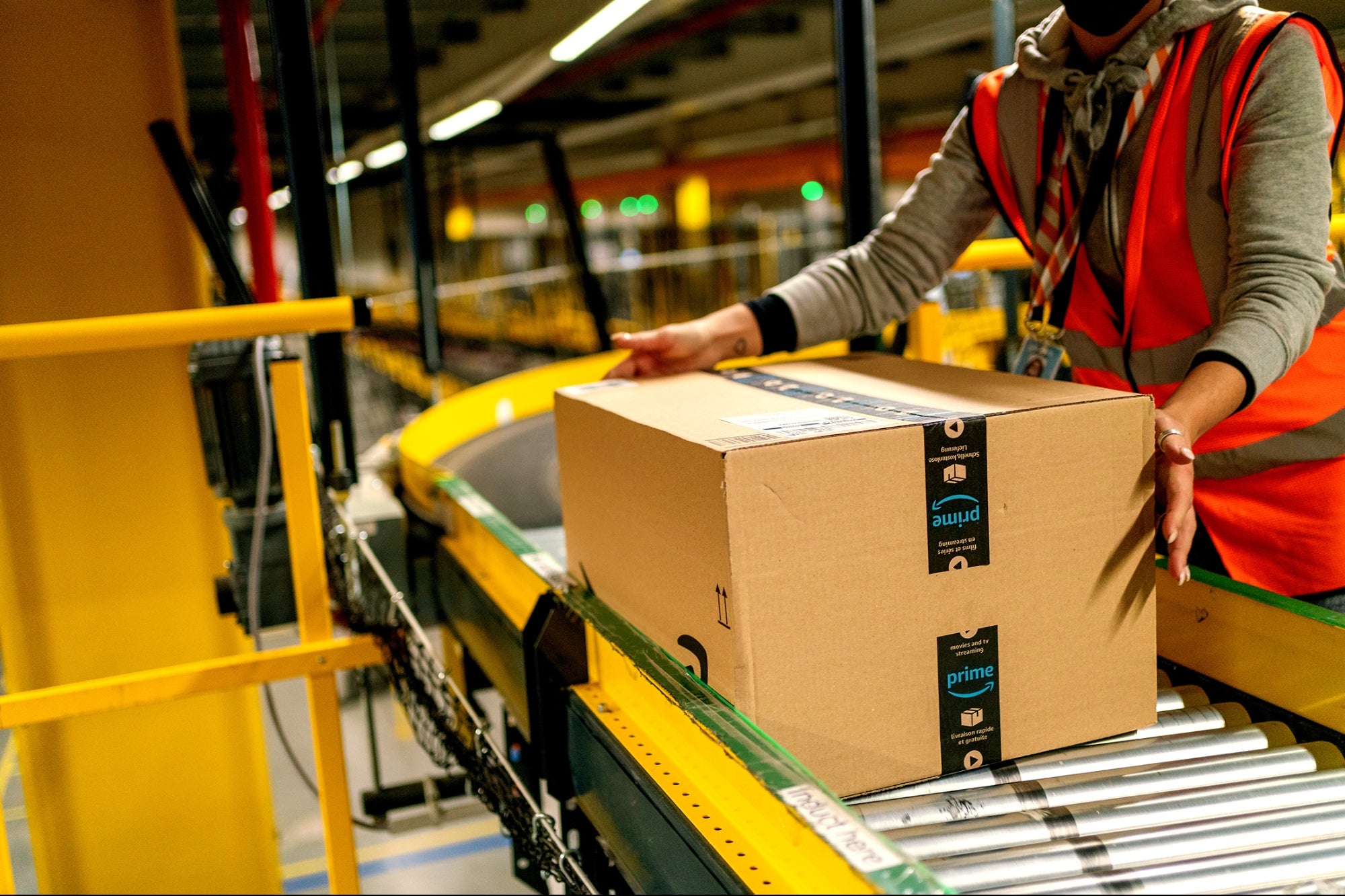

To explain why this happens, you need to understand how FBA works behind the scenes.

It’s reasonable to expect that a company the size of Amazon at the very least shouldn’t be sending out the wrong orders. Remember, when you’re selling on Amazon, in many cases you’re competing against them! You wouldn’t let another seller look after your fulfillment, so be very careful when giving that responsibility to Amazon! Why do bad things happen to good sellers? Although this incident took place in 2012, there are recent examples of Amazon being slow to ship goods and giving themselves a price advantage that sellers can’t match. It’s enough to send shivers down the spine of even the most hard-nosed trader. The short version is that a seller with a 97% positive rating and a thriving business lost everything overnight through no fault of their own. If you really want to give yourself sleepless nights, however, you simply have to read about this one. There are countless unhappy merchants disappointed with some aspect of the service. If you want to scare yourself out of the idea of using FBA at all, just go onto the Amazon Seller Central forum. Related article: Are You Spending More Than You Should on Logistics? Seller beware! The FBA horror stories I’m not saying outright that over-sized goods should be disregarded entirely, but you could very easily find yourself with a hefty storage fee to pay a few months down the line. Traditionally, the items that work best for Amazon FBA sellers tend to be small (in terms of both weight and dimensions). If you know there are certain large ticket SKUs in your inventory that don’t sell quickly then I’d recommend you steer clear of using FBA for them.įBA isn’t going to work for everyone on the marketplace.

Here’s the simplest way of putting things if you have products sitting too long at an Amazon warehouse then you are going to pay through the nose for them.

It’s the storage fees that can really hurt sellers, however. Factor this fulfillment fee into the selling price, which you’d be doing anyway, and you’re fine. Amazon has built up an incredible web of logistics partners that allows it to keep costs down. In fact, your per unit fulfillment fee may be less than it would if you were looking after it yourself. Now, the first part of that is pretty straightforward. If you’re already struggling to make the percentages work for you, then FBA isn’t going to change that.īelow is the basic formula for how Amazon calculates what you owe. Online selling is a margins game and FBA is going to take a slice out of yours. Spoiler: It’s really not as “hands-off” as some would have you believe. I mean, all you have to do is create a few listings, send goods to an Amazon warehouse once in a while, answer the odd customer query and watch the money roll in, right?įor every seller who swears blindly that FBA is the best business decision they have ever made, however, I can guarantee you that there’s another ten who deeply regret it.īy no means do I want to discourage every seller out there, but people should be aware of what it really takes to make FBA work. If you were to believe the online hype, you could easily think that making money as an FBA (Fulfilled by Amazon) seller is a doddle.


 0 kommentar(er)
0 kommentar(er)
